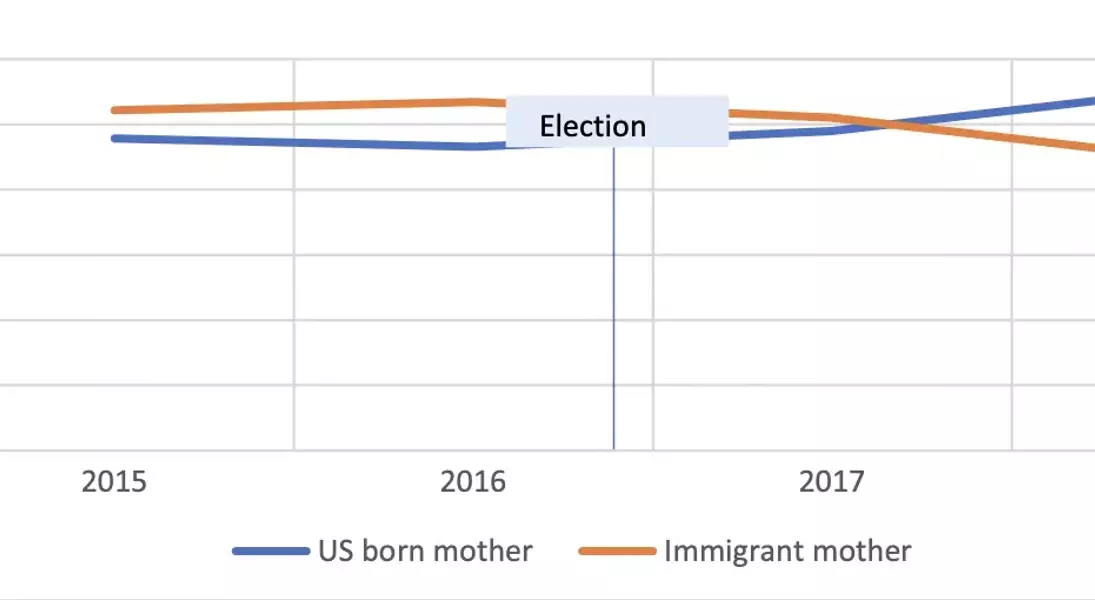
Advocating for the well-being of immigrant families is crucial in fostering a safe and inclusive society. The Protecting Sensitive Locations Act aims to safeguard vital services and environments where families should feel secure. This legislation seeks to protect schools, healthcare facilities, places of worship, and courts from immigration enforcement activities that could disrupt daily life and cause undue stress.
Research and clinical insights highlight the significant impact of policy changes on immigrant families. A network of pediatricians, public health researchers, and policy experts has gathered data showing a decline in essential healthcare visits among children of immigrant parents following periods of heightened rhetoric about deportation. In particular, the frequency of well-child visits dropped notably after 2016, indicating that fears surrounding immigration enforcement can deter families from seeking necessary medical care. This reduction in healthcare access poses serious risks to child development, as early screenings are critical for identifying and addressing potential health issues.
The Protecting Sensitive Locations Act will enhance public safety by ensuring that immigrants feel secure in accessing services and reporting crimes. Trust between communities and institutions is fundamental for maintaining a healthy and cohesive society. By establishing clear boundaries for immigration enforcement, this act fosters an environment where families can thrive without fear. Ultimately, it safeguards children's well-being, allowing them to attend school, receive healthcare, and grow up in supportive surroundings. Supporting this legislation means taking a stand for the safety and prosperity of all members of our community.
